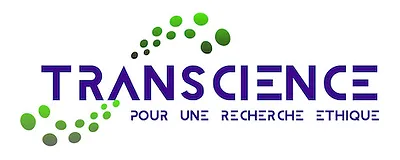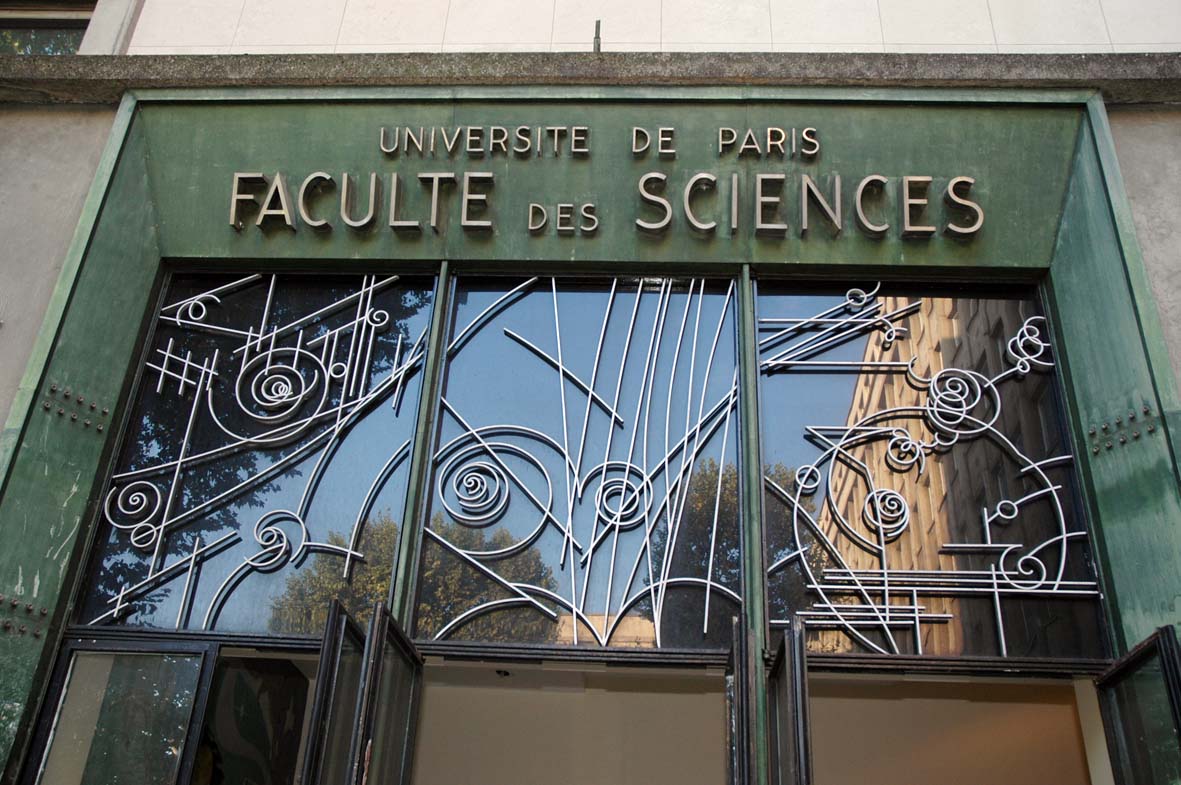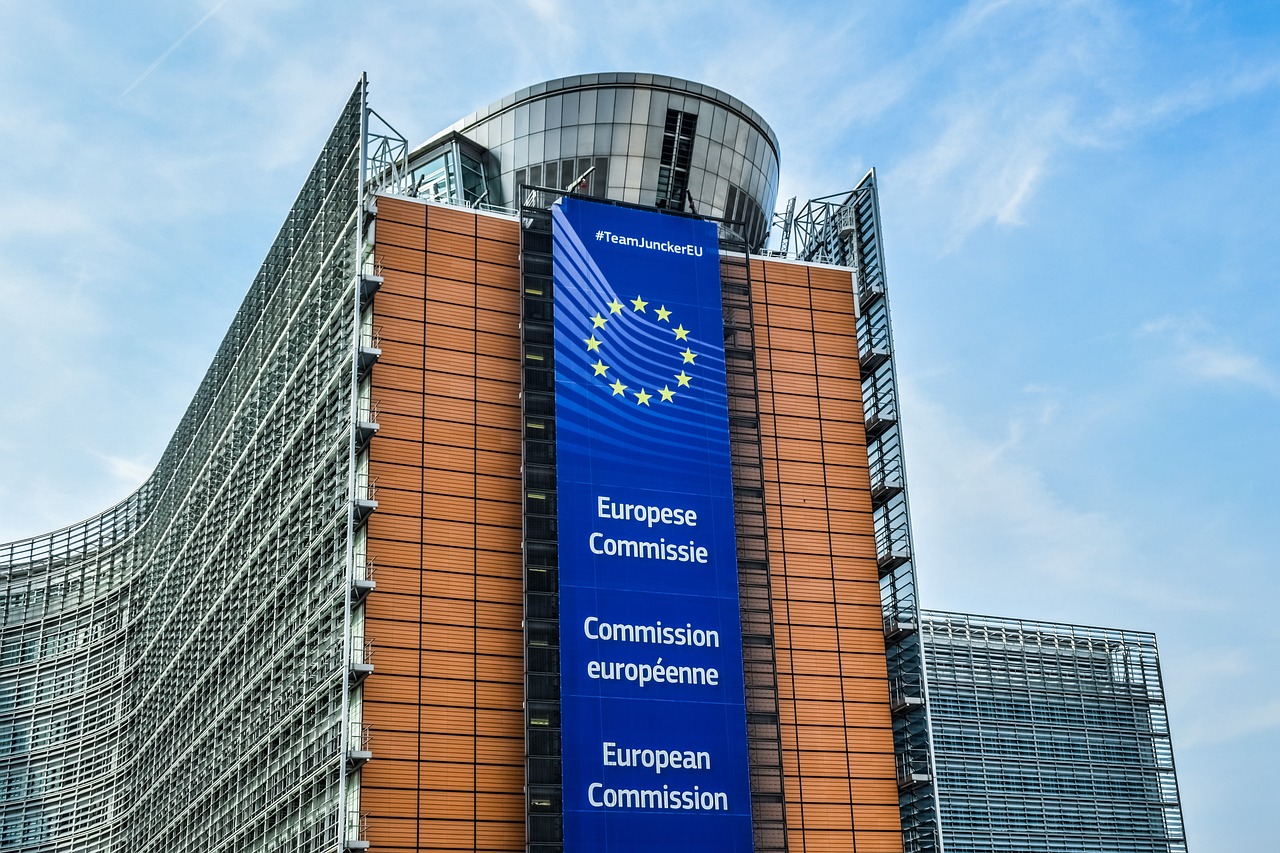The Netherlands continues its commitment to the transition to non-animal research.
The Dutch National Committee for the protection of animals used for scientific purposes (NCad) is an independent advisory body dedicated to the development of innovations that advance the application of the 3Rs (Replacement, Reduction, Refinement), as well as better consideration of the interests of so-called “laboratory” animals. The committee provides advice – solicited or unsolicited – to public authorities. It brings together and consults stakeholders.
In 2016, NCad published a document on the transition to animal-free research entitled “Transition Policy Advice 1.0” (see the report), comprising a number of recommendations that together form the framework for a policy of transition to non-animal research. The aim of these recommendations is to accelerate the transition.
But as the NCad acknowledges in the introduction to its assessment report, transitions rarely go as planned…
Seven years after the publication of “Transition Policy Advice 1.0”, NCad took the initiative of assessing the impact of this document in terms of the progress made along the road to transition. Rightly so, NCad considered that monitoring and evaluation are essential to visualize progress and adjust the approach.
NCad has also asked experts to explore new ideas from the point of view of transformative governance and animal ethics, so that developments in these areas can be included in the future “Transition Policy Advice 2.0”.
The assessment – published in October 2024 – outlines the objectives and ambitions in the fields of chemical safety research, basic and translational research, education and training.
It appears that seven themes were decisive for the support and perception of the Transition 1.0 policy recommendations by stakeholders and the implementation of the recommendations:
- The objective and/or ambition of the transition,
- The international context,
- Acceptance and implementation,
- Transition management and ownership,
- Economic and cultural aspects (values),
- Financing
- Transition follow-up.
This report provides valuable insights into the drivers and barriers to transition, as well as stakeholders’ perceptions of the transition.
The editors acknowledge that, while progress has been made since 2016, some assets have not been sufficiently exploited and too few obstacles have been removed.
They also point out that major changes are needed to achieve the goal of replacement, and that a purely technological approach is not enough.
The evidence gathered convinced them of the need to involve new players, beyond scientists and stakeholders: representatives of civil society, consumers, patients…
A must-read!
Link to the website and reference documents: Evaluation of Transition Policy Advice 1.0 | Policy Advice | Netherlands National Committee for the protection of animals used for scientific purposes
The evaluation report: Evaluation+of+the+NCad+Policy+Advice+’Transition+to+non-animal+research’.pdf




